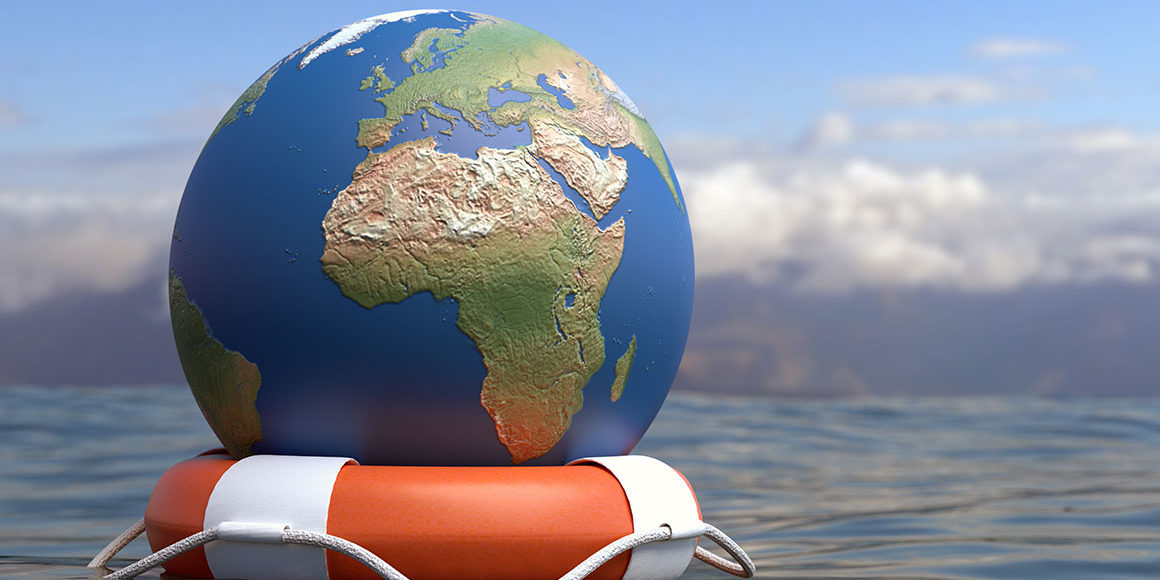Climate change is a global problem, but it hits close to home here in Maine. While our beautiful state has always been known for its abundant wildlife, vast forests, and stunning coastal views, the reality is that our coastline is becoming more vulnerable to the effects of climate change every day.
Our coastal state is already seeing an increase in extreme weather events, rising sea levels, and declining wildlife populations. These changes are having a profound impact on our way of life, so it’s vital that we educate ourselves and others about the effects of climate change in Maine so we can work together to find solutions.
How Global Warming is Affecting the Maine Coast
The Gulf of Maine
The Gulf of Maine is one of the fastest-warming bodies of water in the world. This has led to drastic changes in the marine ecosystem, including the decline of lobster populations as they migrate north in search of cooler waters.
It’s not just the lobster industry that’s being affected; the Gulf of Maine is home to many other species of fish, birds, and marine mammals that are struggling to adapt to the changing environment.
Rising Sea Levels
Climate change in Maine is also causing sea levels to rise, which puts the state’s low-lying coastal communities at risk of flooding and erosion. In Bar Harbor, Maine, sea levels have risen by over 8 inches since the 1950s.
While that may not seem like a cause for concern, it has caused tidal flooding to increase by 183%. By 2050, sea levels in Maine could rise as much as 1.8 feet, increasing the frequency of flooding and other coastal hazards.
Ocean Acidification
In addition to rising temperatures and sea levels, the ocean is becoming more acidic as it absorbs the abundance of carbon dioxide produced by human activity. This process, known as ocean acidification, makes it harder for marine life to grow and thrive.
The effects of ocean acidification are already being felt in Maine, where shell-forming species such as clams, lobsters, and oysters are particularly at risk from the changes in the ocean’s chemistry.
As the sea acidifies, it will become increasingly difficult for these species to survive. This could have a ripple effect throughout the marine food chain and threaten the livelihoods of local fisheries.
Maine’s Rising Temperatures
Climate change isn’t just affecting the ocean; it’s also causing the average temperature in Maine to rise. Since 1970, the state’s average temperature has increased by more than 1.5 degrees Fahrenheit, with the winter season experiencing as much as a 4-degree increase.
These numbers can have a profound impact on our state’s ecosystems. For example, warmer weather can cause:
- Streams to run dry;
- The deer population to increase unsustainably;
- An increase in tick-borne illness due to shorter winter seasons;
- The early migration of some birds, negatively impacting the food supply for other species.
What You Can Do to Help
While the effects of climate change in Maine are already being felt, there is still time to take action to mitigate these impacts. Here are a few small things you can do to help:
- Educate yourself and others about climate change and its effects in Maine.
- Reduce your carbon footprint by driving less, recycling more, and using energy-efficient appliances.
- Vote for candidates who prioritize climate change mitigation and adaptation efforts.
- Support local businesses and organizations such as the Friends of Maine Coastal Islands National Wildlife Refuge.
We all have a responsibility to protect our beautiful state for future generations. By working together, we can make a difference in the fight against climate change in Maine.







